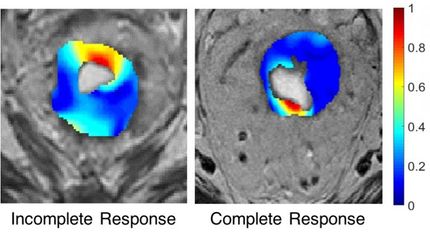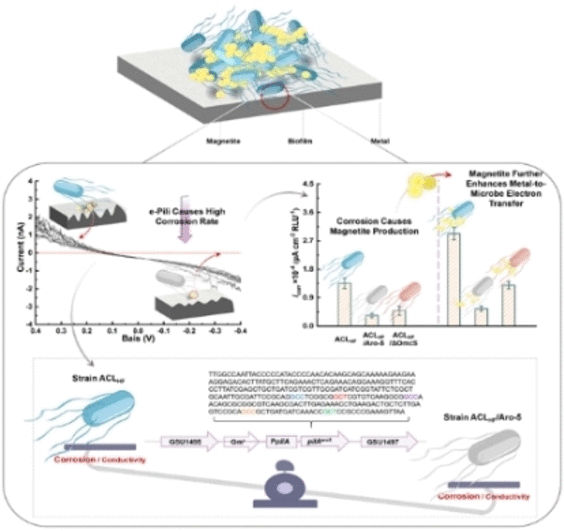Acacia Pharma initiates phase II study with APD405 in post-operative nausea & vomitting (PONV)
Acacia Pharma announced the initiation of a Phase II study of its lead compound, APD405, in the prevention of post-operative nausea & vomiting (PONV). PONV remains a clinically significant problem in patients undergoing major surgery, despite the availability of a range of anti-emetic medications.
APD405 is a novel, intravenous formulation of a drug, which has been marketed for more than twenty years as an oral treatment for central nervous system conditions. Acacia has shown that the drug is also a potent anti-emetic and therefore offers a multi-modal approach to the control of nausea and vomiting.
APD405 is active at both dopamine (D2) and serotonin receptors, two validated mediators of nausea and vomiting. Based on this pharmacological profile and Acacia’s own pre-clinical data, the company is optimistic that the agent will be especially valuable against nausea and against opioid-induced emesis, two areas of the highest unmet need. Future development will also investigate the application of APD405 for the prevention of chemotherapy induced nausea & vomiting (CINV), another important area of unmet need that can significantly impact quality of life for cancer patients.
A Phase I trial conducted in 29 healthy male and female volunteers reported positive data in January 2009, demonstrating that APD405 is safe and well-tolerated across a range of doses. Furthermore, APD405 is not associated with cardiovascular toxicity or extrapyramidal symptoms (such as involuntary movements), which can be serious side effects of other D2-antagonists.
Acacia’s Phase II study is taking place in 18 major centres in France, Germany, Switzerland and the USA and aims to recruit 260 surgical patients, at moderate to high risk of PONV, over the coming six months. The trial compares four different doses of APD405 against placebo, with the primary endpoint being the incidence of nausea or vomiting over the first 24 hours after surgery. The study is expected to complete in the fourth quarter of 2009.
Topics
Organizations
Other news from the department research and development

Get the life science industry in your inbox
By submitting this form you agree that LUMITOS AG will send you the newsletter(s) selected above by email. Your data will not be passed on to third parties. Your data will be stored and processed in accordance with our data protection regulations. LUMITOS may contact you by email for the purpose of advertising or market and opinion surveys. You can revoke your consent at any time without giving reasons to LUMITOS AG, Ernst-Augustin-Str. 2, 12489 Berlin, Germany or by e-mail at revoke@lumitos.com with effect for the future. In addition, each email contains a link to unsubscribe from the corresponding newsletter.























































